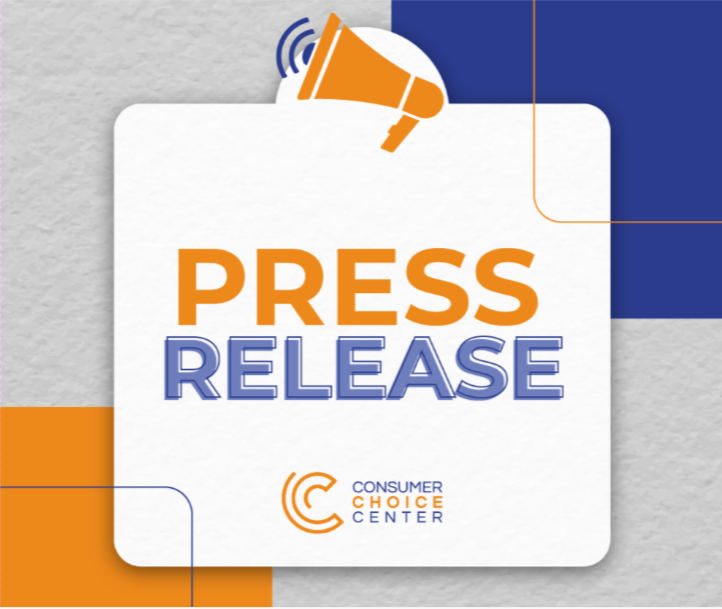Dear House and Senate Agriculture Committee Leadership:
The undersigned organizations, representing consumers and taxpayers, as well as limited government and free market interests, write to express our opposition to imposing product restrictions on existing eligible grocery items covered under the Supplemental Nutrition Assistance Program (SNAP). We believe that having the federal government pick and choose what consumers can buy would be a significant overreach and is highly likely to result in higher taxes for consumers. Therefore, we strongly oppose the inclusion of this provision, or similar language, into the 2023 Farm Bill.
Our overarching concern is the proposed “Healthy SNAP” Act, which a number of lawmakers are attempting to jam into this iteration of the Farm Bill. This misguided proposal would remove a wide variety of everyday grocery items from SNAP eligibility, thereby infringing on consumer choice and creating a bad precedent that would most affect families in the unenviable position of receiving government help to pay for their groceries.
We object to the premise that government officials know better than individuals. Consumers, whether they are SNAP beneficiaries or not, should be allowed to make their own educated decisions in determining for themselves what foods and beverages to serve their families. They should not be subjected to top-down directives from policymakers and bureaucrats in Washington.
Furthermore, provisions in the Healthy SNAP Act would empower federal government bureaucrats to continuously impose prohibitions on grocery items they disfavor for an ever-widening number of reasons. As in the past, such a dynamic would surely be followed by calls to subject consumers to excise or “sin” taxes on those products. Today, the target may be treats not necessary to daily sustenance, or occasional snacks, but
future regulation could be used against any food producer as well as politically disfavored products like red meat, whole milk or farmed fish, for example.
The new regulatory framework in the Healthy SNAP Act would significantly increase the SNAP’s administrative costs. It would take significant resources to manage eligible versus ineligible products, track them, and communicate that information to states and retailers. This will add to the taxpayer burden at both the state and federal level, as SNAP’s administrative expenses are split equally between federal and state governments.
Our coalition deeply understands the need to address the rising cost of the Farm Bill. Many of the undersigned groups have proffered a number of solutions to address the need for comprehensive reform in this area. Yet we are skeptical of arguments that restricting certain products from SNAP eligibility would yield the savings promised by the authors of the Healthy SNAP Act. Restricting SNAP purchases won’t make Americans healthier, nor will it save money, but it will add more bureaucracy to the program and set a precedent for government intrusion into purchasing decisions made by everyday Americans.
Yael Ossowski
Deputy Director
Consumer Choice Center




